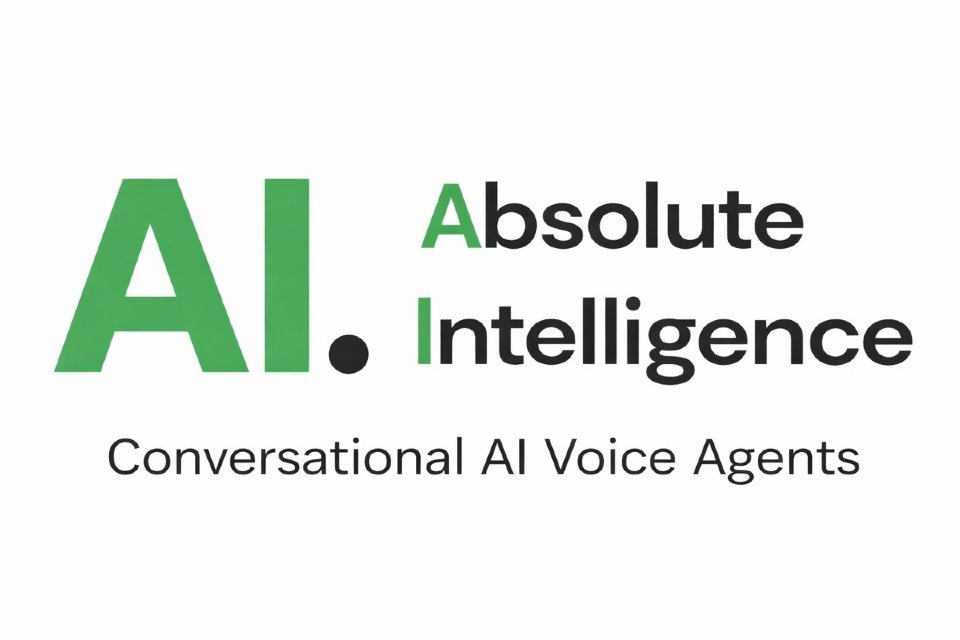Thomas Rødseth, VP of marketing and product at Oslo cloud-based contact centre Puzzel explains how AI could change contact centres in the future…
The roar has become louder over the last 12 months. Artificial Intelligence (AI) is coming and it will change everything. It’s been a gift to editors, bloggers, Ted talk speakers and conference organisers – especially for the easy headlines it generates amongst an audience which wants to know if bots are really ready to take jobs or whether technology will just help make form-filling slightly less boring.
Everyone is at it. Amazon and Google are racing to fill consumer homes with devices that offer voice access to get stuff done. The billion+ user sized messaging platforms are touting the promise of solutions using real people blended with bot power when times are busy or needs are simple enough to fulfil using automation.
Meanwhile virtual assistants sit on websites helping users find answers and avoid live voice queues, by offering a better user experience than the average on-site search box. Some have been at it for over a decade. Way before it became fashionable to get excited about bots.
How does AI work?
Underneath the bonnet of AI is a pretty impressive set of technologies. Machine learning looks for patterns. These can be in the questions asked by customers, or in the outcomes generated by individual advisors. The use of machine learning will play an increasingly important role in helping to spot knowledge gaps and act as a useful tool in self service knowledge collection.
Natural language processing is another relevant technology that helps identify a customer’s intent and steer the process of matching questions with answers. Of course natural language has been used for some time to transform the way customers engage with IVRs by removing the often complex menu based interface that can frustrate customers. That same technology is now being used to steer self service conversations within defined topic boundaries with the same level of success.
Why do we need AI?
Automation using AI plays well into the ever rising expectations of customers. Always on access has become a core experience of the mobile consumer who instinctively wants to self manage on their own terms. That said, it has to be easy, which means it needs to be fast, well designed and navigate the user to their desired outcome in the least possible number of steps. AI, via intelligent assistance, plugs the gap between this level of expectation and previous generations of self service in which discoverability and answer quality undermined to desire to self serve.
As a benchmark for this type of functionality, Google transformed access to the vast repository of services we call the internet with an incredibly simple yet satisfyingly smart interface. Simple because it is just a search box, smart because it learns your behaviour and applies behavioural insight from the billions of other times users have requested a service similar to the one you currently need. The net result is a fast, relevant outcome.
This level of service is how it should be in terms of functionality for any form of intelligent assistant. As consumer confidence and habit grows, your intelligent assistance will need to appear on all platforms, devices and modalities to meet expectations.
Where to start?
However, all that is in the future. At least in terms of where most organisations currently find themselves. So where is the right place to start? What is an appropriate level of ambition?
AI is here to stay and it will change customer service. This is certain. Therefore it matters that you are successful and develop a firm foundation upon which to evolve your AI customer service strategy. It also matters that you win the agreement of colleagues and budget owners that the benefits for ongoing investment are clear and compelling.
Therefore start with an easy win. If you are in a high volume, voice based service business then maybe it is time to look at refreshing the IVR experience with a natural language interface. If you provide services that impact people’s lives like travel or utilities, then maybe extending your alert system to include a home assistant such as Google Assistant or Alexa makes increasing sense as they become part of smart home lifestyles for certain customer segments.
Alternatively start with a safer option and look at your online service portal and the current value offered by your FAQs. This is where many organisations are starting their AI journey and building out from there.
What’s next?
We have written a whitepaper on AI and contact centres which can be downloaded here. Meanwhile keep listening to the roar to discover how AI could change your contact centre – these are exciting times.





